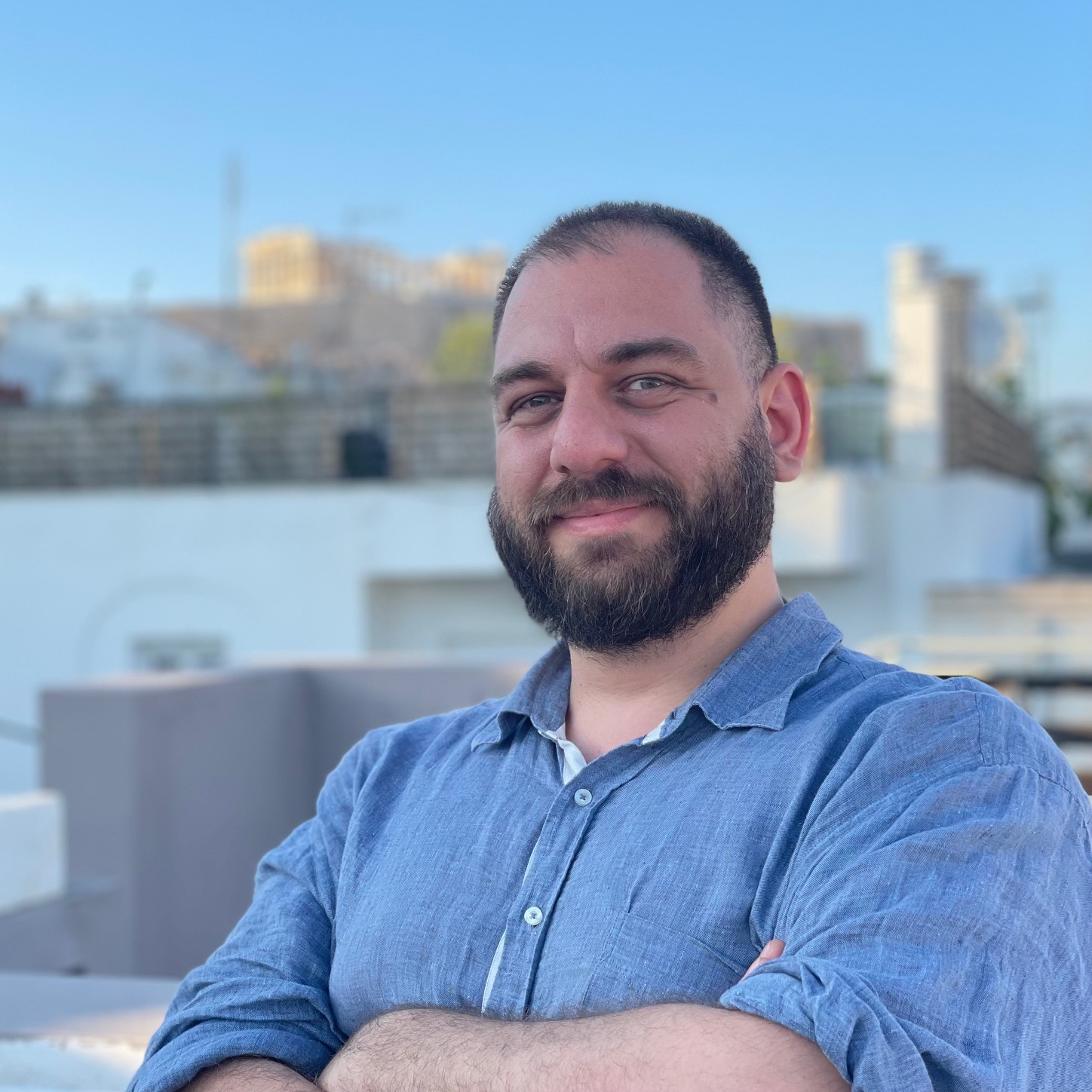
Loizos Bitsikokos
- Graduate Student // Communication
Office and Contact
Email: lbitsiko@purdue.edu
Biography:
Loizos Bitsikokos is a computational social scientist who critically studies online platforms and digitality. He holds degrees (BSc, MSc) in physics and applied mathematics from the National Technical University of Athens (N.T.U.A.) and an MA in computational social science from the University of Chicago, focusing on sociology. Loizos has a rich and multi-disciplinary academic and professional experience working as a student researcher at the European Organization for Nuclear Research (CERN), a visiting student researcher at the Complexity Science Hub Vienna (CSH), a research assistant in multiple projects at UChicago, as well as software engineering experience in industry. As of 2024, Loizos is a PhD student and a CLA Dean’s Fellow at the Brian Lamb School of Communication at Purdue University, affiliated with the Media, Technology, and Society group. The Onassis Foundation Scholarship program supports his PhD work.
Research and Teaching:
Loizos’ research lies at the intersection of computational social science and online platforms, with a particular interest in the intricate relationship between algorithms and society. Loizos studies the tensions between structure and agency within online platforms, examining how platforms influence interactions and whether users can resist institutionally ingrained biases. His work also investigates the conceptualization of desire within platform infrastructures from a critical perspective. Methodologically he is focusing on computational text analysis methods (embeddings, topic modelling, sentiment analysis, ...) as well as network analysis and simulation. You can find more about his work on his personal website.
During his time at UChicago, Loizos served as a teaching assistant for courses in social network analysis, probability and statistics, computer programming for social scientists, and a math boot camp (calculus, linear algebra, statistics, etc.).